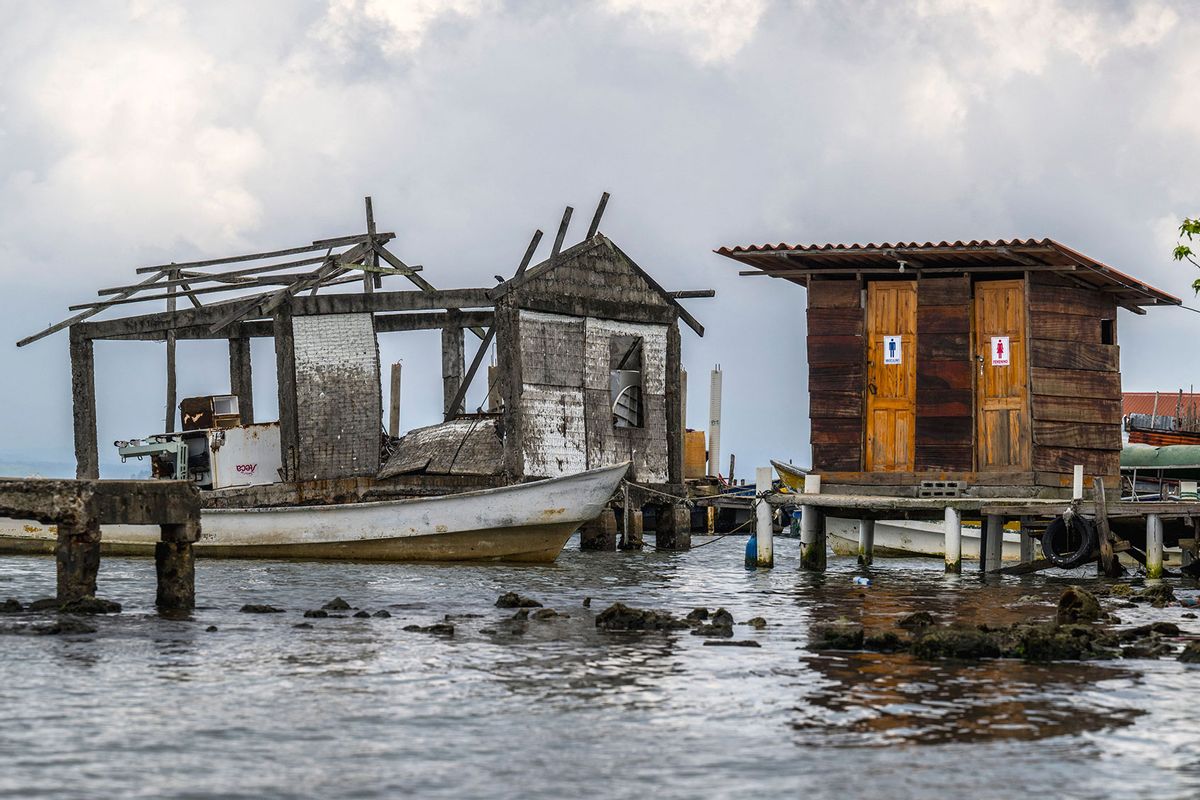United Nations Secretary-General António Guterres issued a dire warning to the world on Monday — climate change is causing sea levels to rise to dangerous levels.
“Rising seas are a crisis entirely of humanity’s making," Guterres said in the report. "The world must act, and answer the SOS before it is too late.”
“The Pacific is today the most vulnerable area of the world,” Guterres told BBC at the Pacific Island Forum Leaders Meeting in Tonga. “There is an enormous injustice in relation to the Pacific and it’s the reason I am here.” Referring to a pair of United Nations reports on climate change and how it endangers small Pacific island nations, Guterres said that "the small islands don’t contribute to climate change but everything that happens because of climate change is multiplied here.”
In addition to rising sea levels, rising temperatures are also causing ocean acidification. This destroys marine ecosystems by eating away at the minerals used by aquatic animals like lobsters, crabs, clams, oysters, shrimp, corals and other living creatures of that nature to build their shells and skeletons. All of this has a devastating impact on Pacific Island communities, and the constant warming has been decisively linked to human fossil fuel-use.
“The reason is clear: greenhouse gases – overwhelmingly generated by burning fossil fuels – are cooking our planet,” Mr Guterres said in a speech at the forum. “The sea is taking the heat – literally.”
Speaking to Salon last year about the dangers of sea level rise, University of Pennsylvania climatologist Dr. Michael E. Mann said that "if we act to reduce carbon emissions dramatically in the decades ahead, we can probably keep sea level rise to roughly a meter by 2100. That would be hugely disruptive but not civilization ending. It would mean the displacement of hundreds of millions of people, but it would take place over decades, and managed, orderly retreat would be possible."
Mann added, "if we continue with business-as-usual fossil fuel burning, we could be looking at 6 feet of sea level rise by the end of the century, the displacement of nearly a billion people, and we can't rule out the possibility that it would happen on an accelerated timeframe. So we still have much to say about this."



Shares